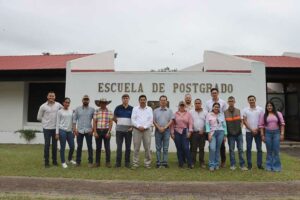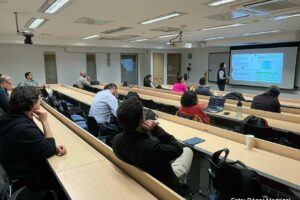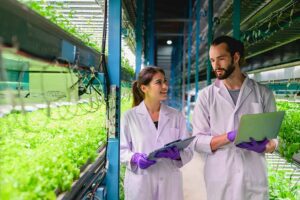New Digital Tool Supports the Automation of the Nutrition Situation Room in Totonicapán
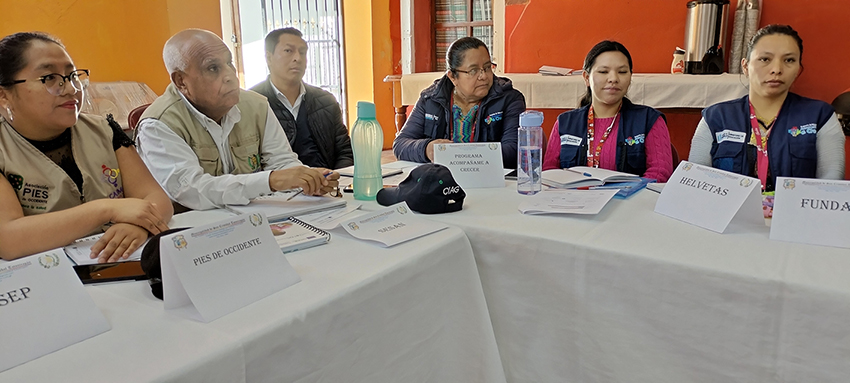
- The technological advancement will improve the management of nutritional information in this department of Guatemala
February 21, 2024. The automation of the Nutrition Situation Room tool was presented to the institutions that are part of the Municipal Commission for Food Security and Nutrition (COMUSAN) of the department of Totonicapán, in Guatemala. This tool was developed by the National Nutrition Information Platform project (PiNN) for the Departmental Directorate of Integrated Health Services Networks (DDRISS), of the Ministry of Public Health and Social Assistance (MSPAS).
The Nutrition Situation Room allows for the ongoing and systematic monitoring and evaluation of the nutrition program's information, generated by the departmental management and health districts.
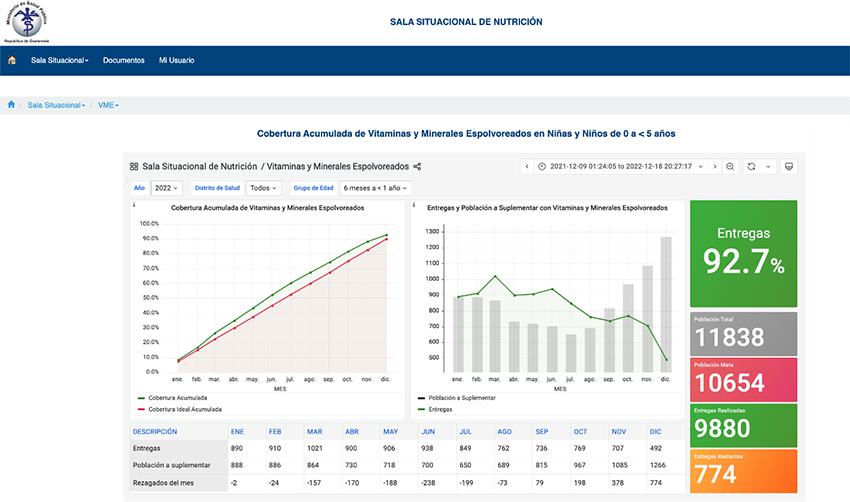
Ana Polanco, a district health nutritionist from the municipality, was in charge of presenting this tool, which she defined as a technical monitoring and support tool for food and nutritional insecurity.
Polanco added that, thanks to the support of PiNN, there is now a digital tool that reflects the data generated by health personnel in a practical way. This has improved the process of data entry for the municipality and the department; furthermore, there has been a reduction of human errors in the tabulation and validation of data that was previously done in Excel format. The nutritionist added that the socialization of information to decision-makers is a strategic action because it leads to informed decisions.
According to Gabriela Ogaldes, a nutrition specialist with the PiNN project, the monthly implementation of the tool has reduced the preparation process to three steps and three hours per month, which previously consisted of seven steps and meant an investment of 24 working hours per month. "With this tool, the Ministry of Health achieves considerable economic savings in labor hours, allowing the nutrition professional to invest time in generating information analysis and attending to the users of health services," Ogaldes added.
Ogaldes mentioned that these processes improve data governance, provide inputs, allow the identification of situations, places, and populations to improve interventions. Moreover, the socialization of information involves other sectors responsible for food security and nutrition, thereby fostering coordination between institutions and addressing the multicausality of malnutrition problems.
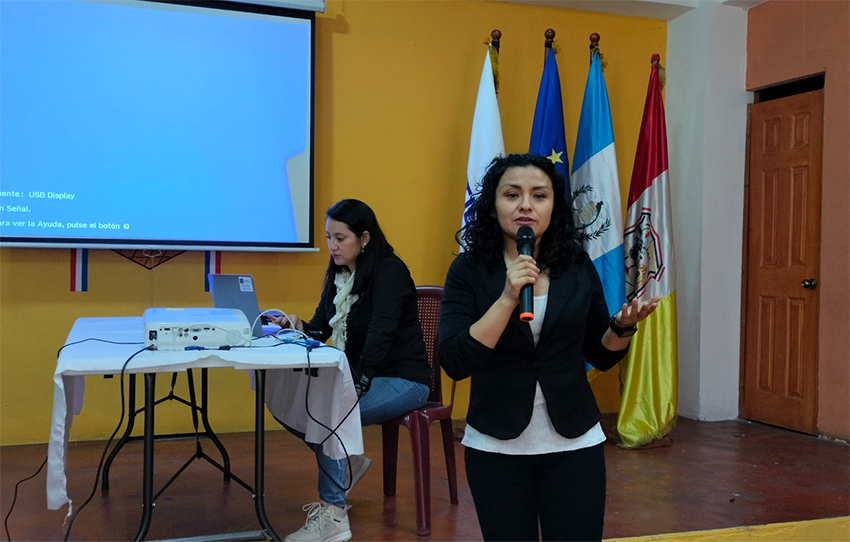
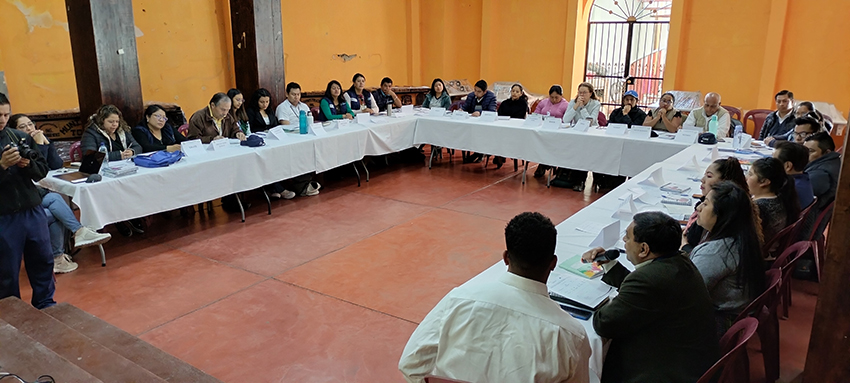
The PiNN project is executed by CATIE (Tropical Agricultural Research and Higher Education Center), funded by the European Union in Guatemala, and has supported the creation of computer tools that assist in the automation of information processes for food security and nutrition.
More information:
Gabriela Ogaldes
Nutrition Specialist
PiNN Project
CATIE Guatemala
gabriela.ogaldes@catie.ac.cr
Written by:
Ninoshka Lou
Communications Officer
PiNN Project
CATIE Guatemala
ninoshka.lou@catie.ac.cr
Tag:Guatemala, nutrición, Food security

